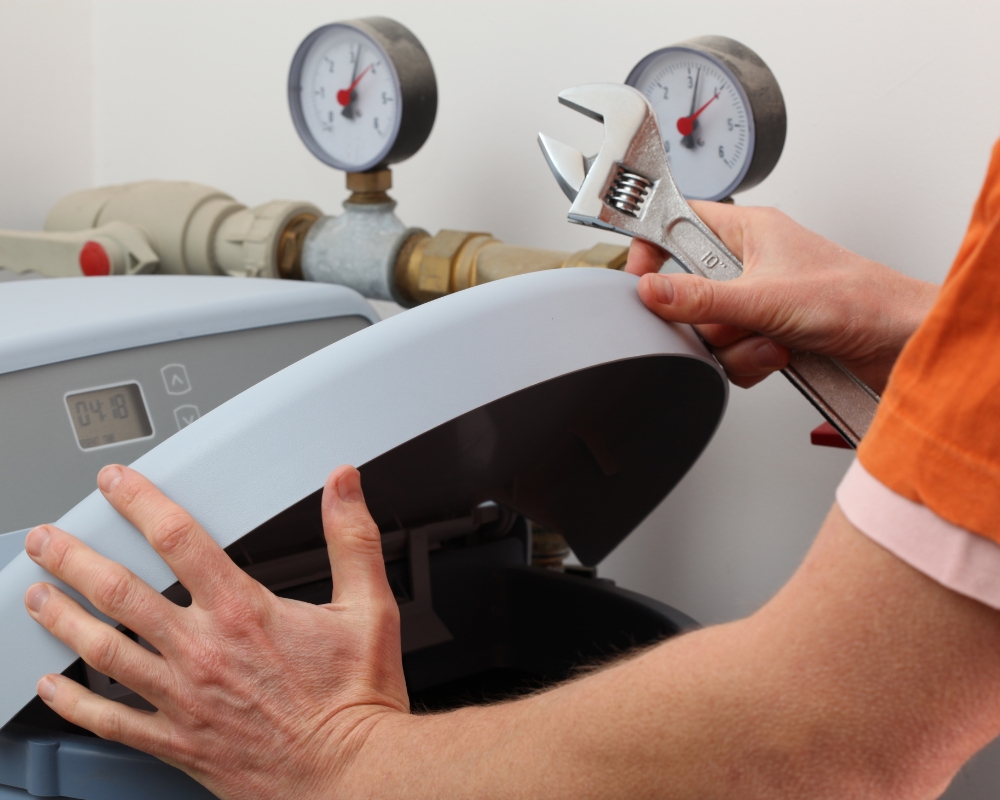Water Softening and Water Softener System Service in Houston Texas
We Are Your Reliable Go-to Water Softener Provider, Servicing Clute, TX, and Nearby Areas.
Water softeners are a great way to remove all the hard minerals from your water, leaving it taste great and eliminating harmful chemicals. But you don’t have to struggle with installing your water softener. Let us do it for you!
Water of Texas, LLC is a leading water softener service to residential, commercial, and industrial clients in and around Clute, TX. We have over 30 years of combined experience within our organization and have tackled every kind of water treatment repair, maintenance, and installation. You can trust us to provide you with tailor-fit solutions for your property and unique needs. We consistently deliver outstanding results and will always go above and beyond to ensure your satisfaction.

We Offer Quality Water Treatment Service at Reasonable Rates
How Does Water Softening Work?
When hard water containing calcium and magnesium ions flows through the resin bed, the positively charged hardness ions are swapped for sodium ions, resulting in softened water that is gentler on appliances, skin, and plumbing. To regenerate the resin bed, a brine solution containing sodium chloride salt is used. During the regeneration cycle, the hardness minerals are flushed out of the resin bed and replaced with sodium ions, allowing the water softener to continue its water-softening process.
Signs That Your Home Could Use a Water Softener
How to Tell Your Water Softener Needs Repairs
What Is the Average Lifespan of a Water Softener?
Water of Texas Is Proud to Serve the Following Locations:
- Clute
- Houston
- Houston
- Pearland
- Brazoria
- Alvin
- Freeport
- Rosharon
- Sweeny
- West Columbia
- Sugar Land
- Cinco Ranch
Our Other Services Include
Our Team of Experts Is Here to Help
When you need a water softener service, look no further than Water of Texas, LLC. Besides troubleshooting your water treatment and softener equipment, we’ll offer helpful tips to keep it running smoothly. Don’t hesitate to call our Clute, TX team today!
Get a Free Water Test, Evaluation, and
Consultation

